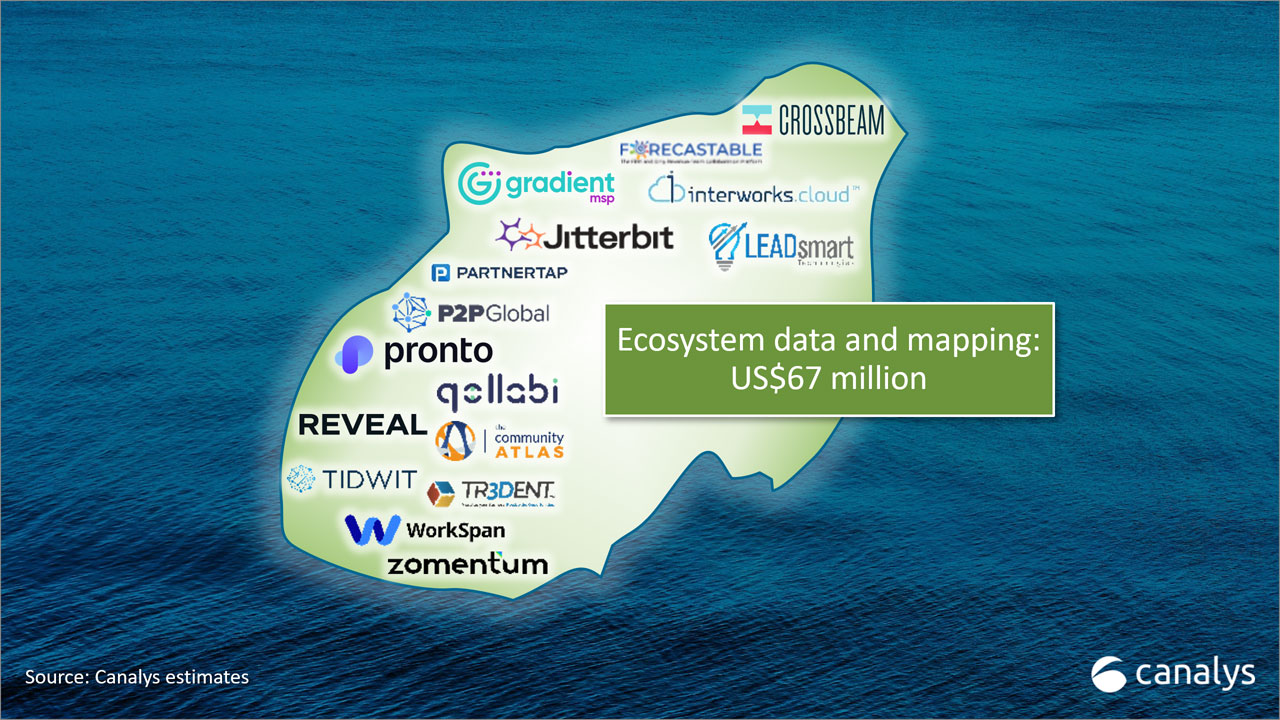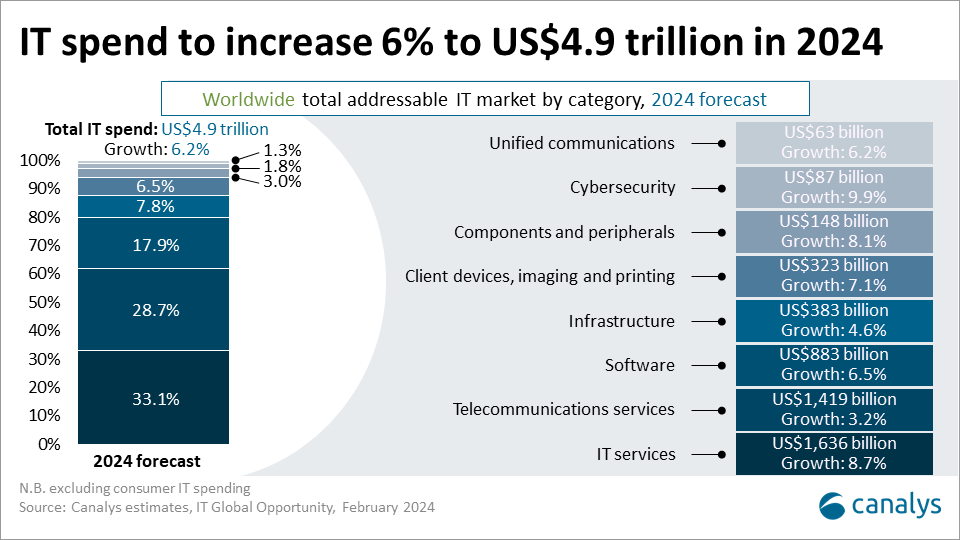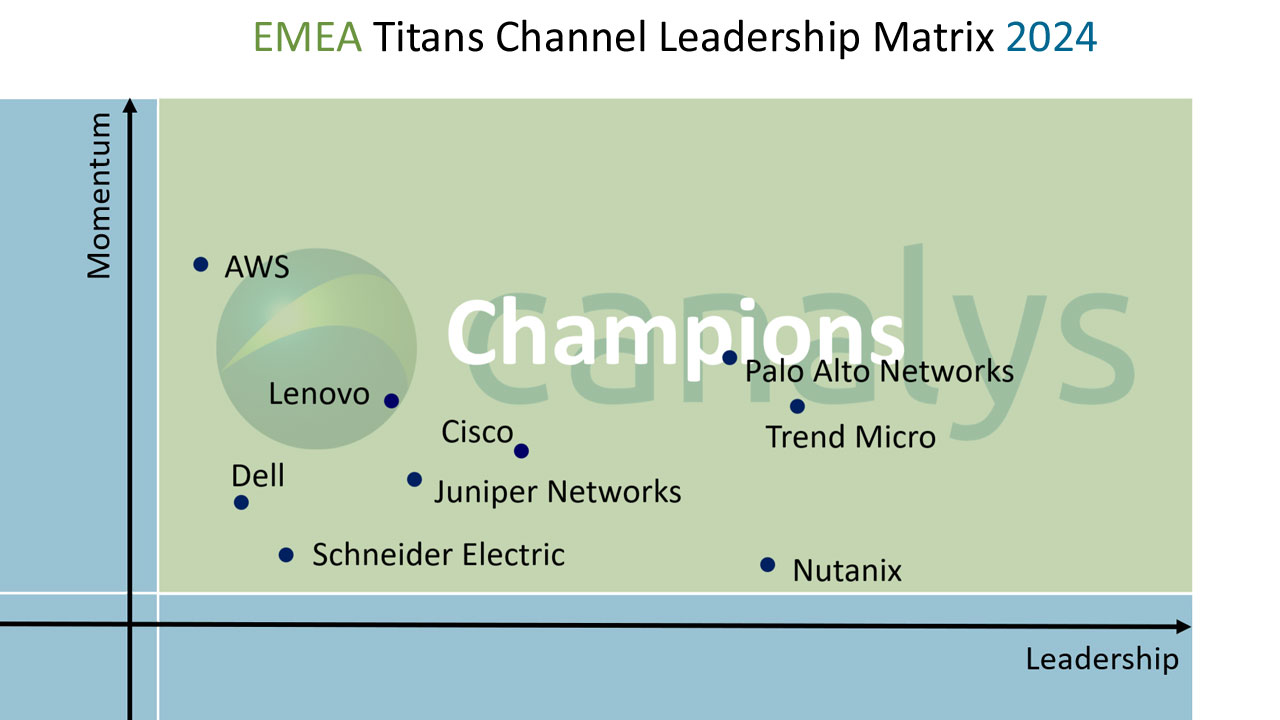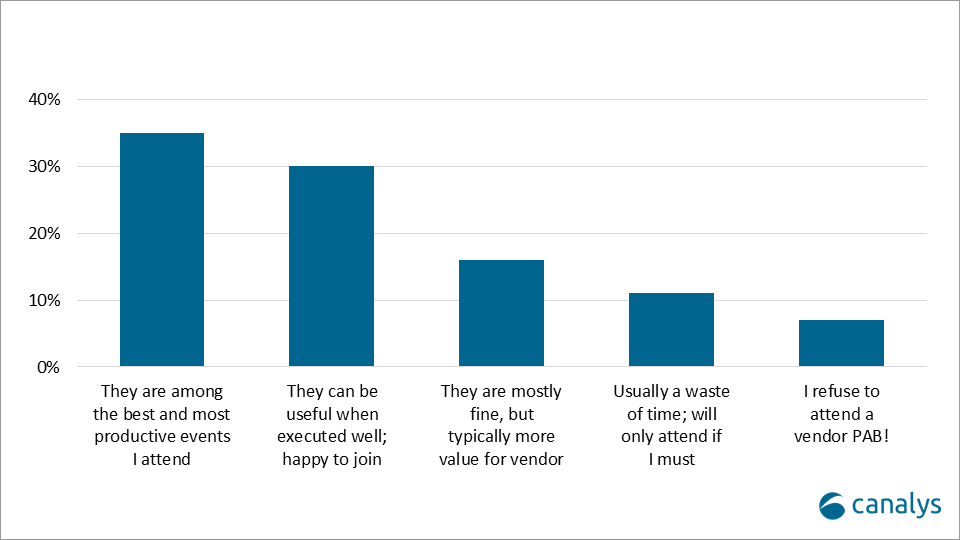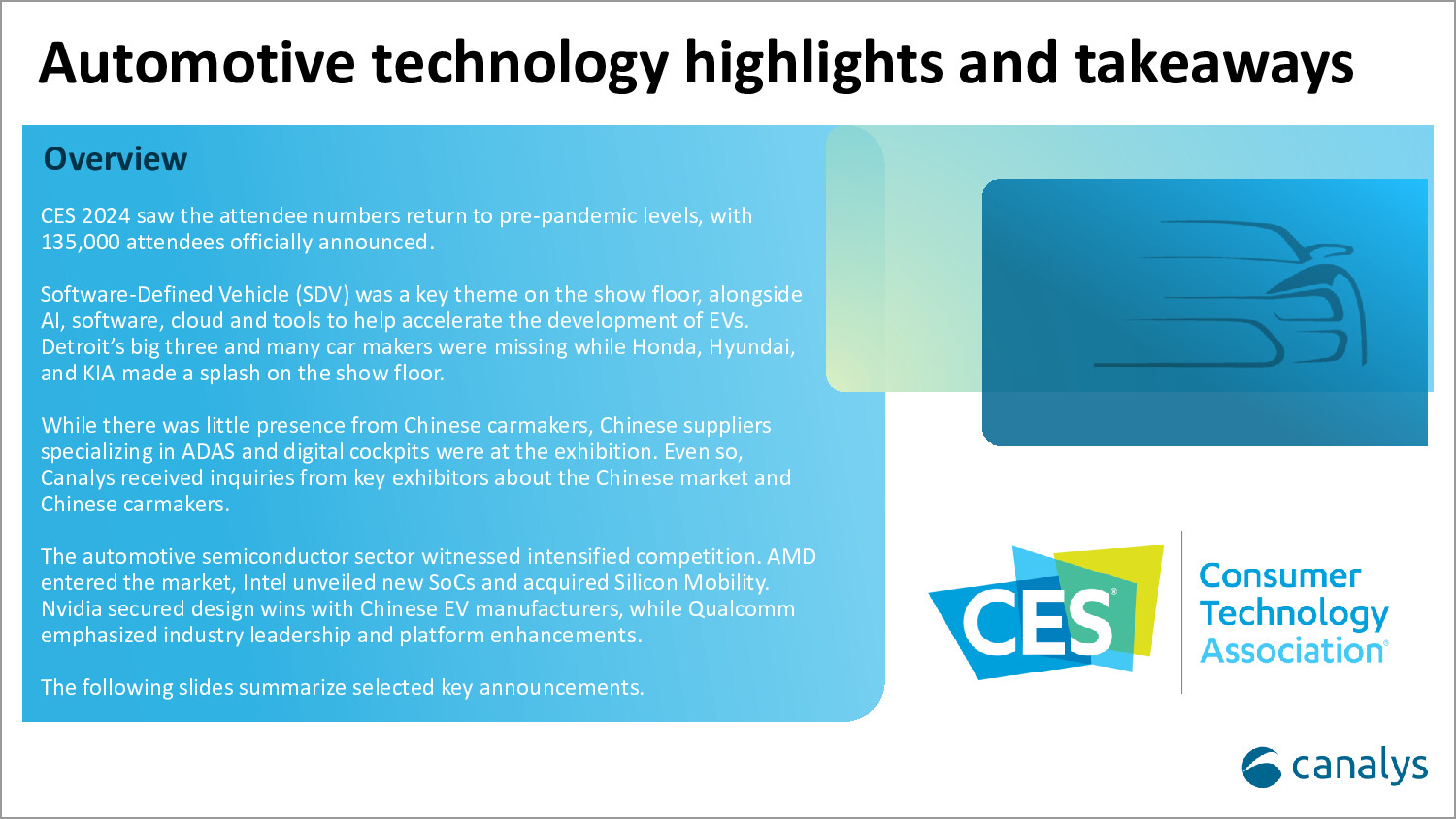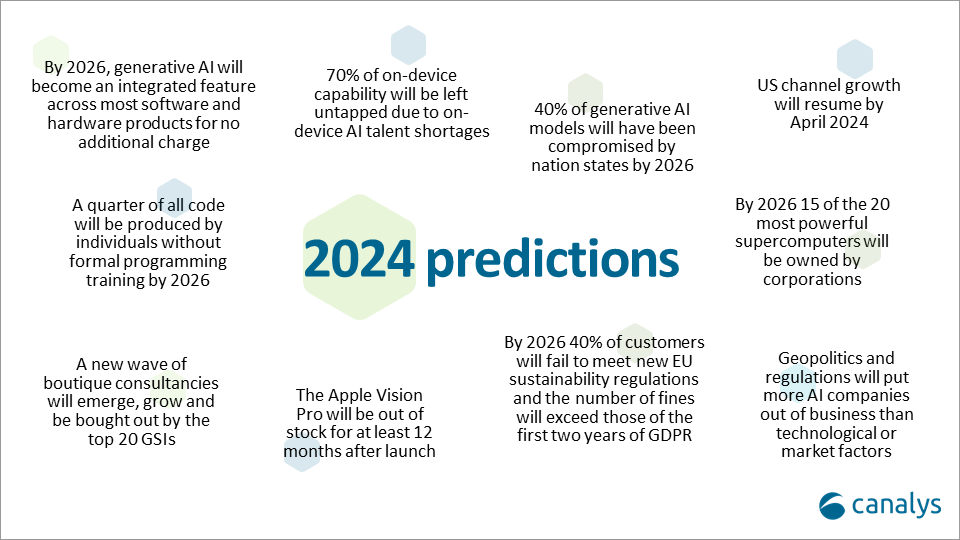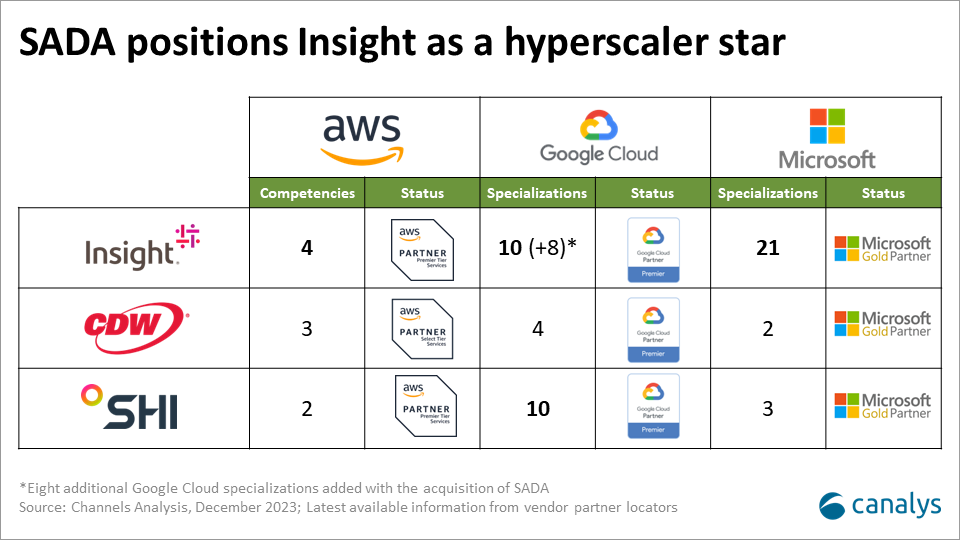Canalys is part of Informa PLC
This site is operated by a business or businesses owned by Informa PLC and all copyright resides with them. Informa PLC’s registered office is 5 Howick Place, London SW1P 1WG. Registered in England and Wales. Number 8860726.
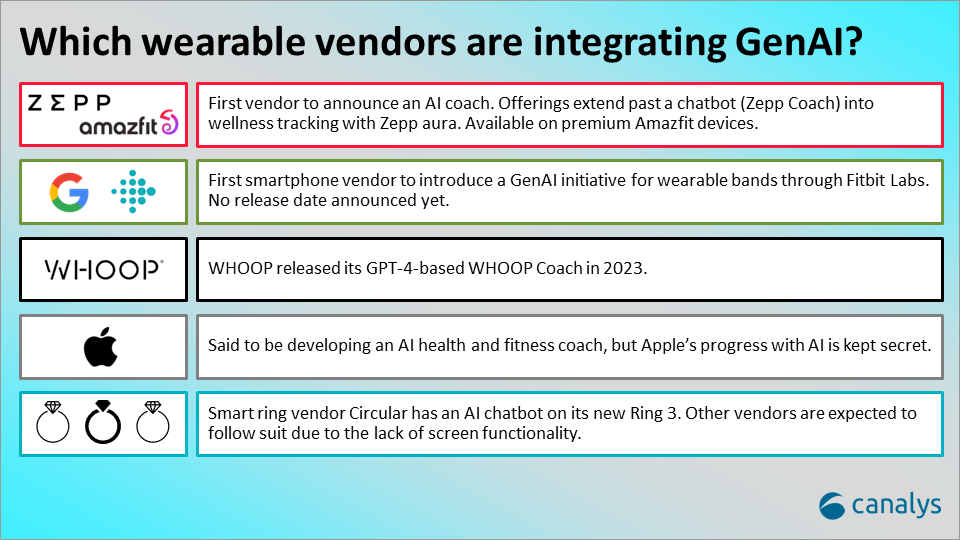
GenAI health and fitness coaches are a vital piece in the upcoming smartwatch resurgence
Health and fitness tracking, one of the vital smartwatch use-cases, has seen a slow pace of incremental innovation which contributed to the decline of smartwatch shipments in 2023. How can vendors achieve a return to strong shipment growth? Generative AI health and fitness coaches offer significant improvements to functionality and capabilities and should be an area that vendors should prioritize after Google, Zepp Health and Whoop introduced coach services.

In the latter part of 2023, major players in the wearable tech industry, including Whoop, Zepp Health, and Google (Fitbit), made waves by unveiling plans to incorporate cloud-based generative AI services into their premium smartwatch offerings. Several other vendors are set to introduce their versions over the next 24 months, and it was clear from the recent MWC that AI insights in digital health are a priority among vendors as they bring form factor and hardware innovation to current devices. Samsung is particularly excited about the prospect. This is poised to reignite consumer interest and usher in a new era of innovation. As the smartwatch market gears up for substantial growth, propelled by the integration of advanced AI features (alongside hardware innovations), it's imperative to explore the implications, challenges, and opportunities associated with this transformative development.
While wearable bands have long utilized AI for data analysis, the integration of generative AI represents a paradigm shift in smartwatch technology. Unlike traditional AI applications focused on data crunching and pattern recognition, generative AI introduces a dynamic element, enabling smartwatches to generate personalized recommendations and insights in real-time, rather than relying on users to generate this final step. This innovation not only enhances user experiences but also opens up a myriad of possibilities for vendors to differentiate their offerings and stay ahead of the curve in an increasingly competitive market landscape.
The decision by leading smartwatch vendors to embrace generative AI is underpinned by several key factors. First is the need to reignite consumer interest and stimulate demand in the wake of stagnating innovation. The smartwatch market witnessed lackluster performance in 2023, characterized by diminishing excitement over incremental upgrades in health tracking and smart features. Generative AI presents an opportunity for vendors to inject new life into their products, captivating consumers with personalized experiences tailored to their unique needs and preference. Canalys projects a substantial uptick in global smartwatch shipments, driven in part by the proliferation of AI-enabled features, with shipment growth projected to reach nearly 20% in 2025.
Strategic implementation of Generative AI
Smartwatch vendors are strategically integrating generative AI into critical aspects of their device ecosystems, with a particular focus on health and fitness tracking applications. Recognizing the pivotal role of these features in driving user engagement and loyalty, vendors are channeling resources into developing AI-powered solutions that deliver actionable insights and personalized recommendations. By leveraging generative AI to enhance the accuracy and relevance of health-related metrics, vendors seek to differentiate their offerings and carve out a niche in the competitive wearable tech market, before these coaches become an industry standard.
Challenges and opportunities
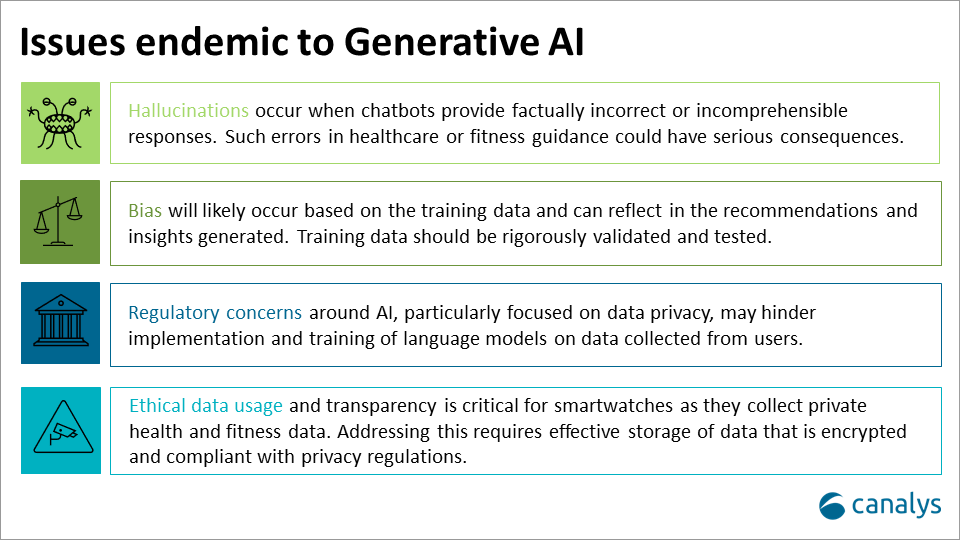
The integration of generative AI into smartwatches presents challenges and opportunities for vendors. On the one hand, there are inherent risks associated with health diagnostics and recommendations, as generative AI may lack the precision and reliability of medical-grade capabilities. Vendors must tread carefully to avoid over promising and ensure transparency regarding potential errors and limitations. Additionally, accuracy challenges in recommendations pose a significant hurdle, as smartwatch sensors may be prone to inaccuracies, compromising the reliability of insights and recommendations.
However, despite these challenges, generative AI holds immense promise in driving innovation and enhancing user experiences in the smartwatch ecosystem. By harnessing the power of AI to deliver personalized health insights, vendors can empower users to make informed decisions about their well-being and lead healthier lifestyles. Moreover, the integration of generative AI opens up new avenues for revenue generation, including subscription-based models and third-party app integration, fueling further growth and innovation in the smartwatch market.
As smartwatch vendors embark on the journey to integrate generative AI into devices, they stand at the precipice of a transformative era in wearable technology. With the expected introduction of new biometrics, such as hydration, non-invasive blood glucose, and accurate blood pressure analysis on a more robust and efficient smartwatch platform, gen-AI-enabled personal trainers will be a critical piece of the puzzle in providing users with an improved user experience. Vendors have the potential to reshape the landscape of the smartwatch market and unlock new opportunities for growth and innovation. However, navigating the complexities and challenges associated with generative AI integration will require careful planning, collaboration, and a steadfast commitment to delivering value to consumers. Ultimately, the successful adoption of generative AI in smartwatches has the potential to usher in a new era of personalized, data-driven health and wellness solutions, empowering users to lead healthier, more fulfilling lives.
